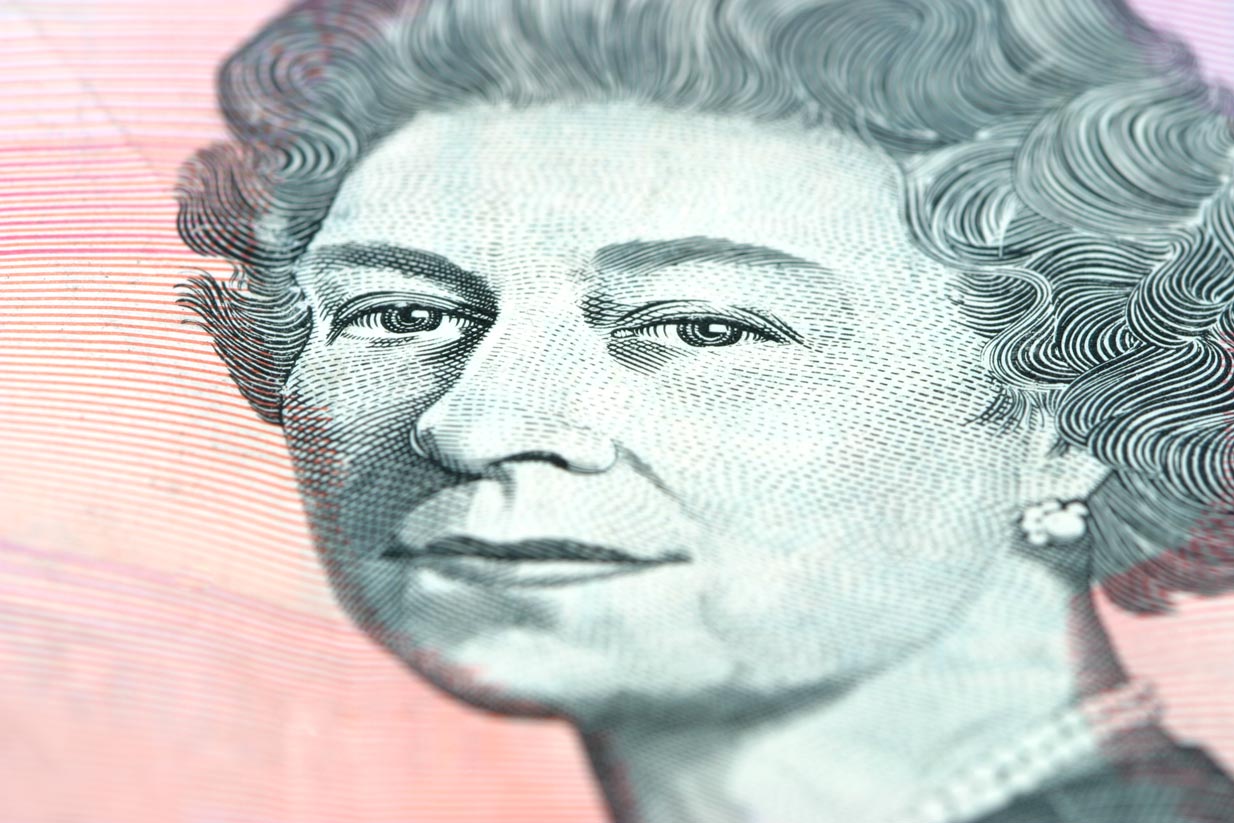News
The tax allowances to take advantage of this week

Guest Author:
Julia RosenbloomAs the tax year draws to a close this Sunday, here are five things to do now to take advantage of allowances.
Now is the time to review your finances and ensure you’re using all the allowances available to you. Below are the top five things in need of your attention:
1) Contribute to your pension
As the tax year comes to a close, now is the time to think about topping up your pension to increase your savings for retirement. With the long-term economic impact of Covid-19 front of mind for many, it is more important than ever to ensure your pension is working as hard as possible.
In the same way you would top up your ISA to max out your allowance, you can do the same for your pension. The annual allowance for 2019/20 for pension contributions is £40,000.
You can bring forward unused allowances from the previous three tax years, as long as you were a member of a pension scheme within those years.
2) Top up your ISA
While the most obvious action for many, it is still important to remember. The 2019/20 personal ISA allowance is £20,000. Any returns made within an ISA are tax efficient and are free of UK income tax and capital gains tax year after year.

Wellness and wellbeing holidays: Travel insurance is essential for your peace of mind
Out of the pandemic lockdowns, there’s a greater emphasis on wellbeing and wellness, with
Sponsored by Post Office
If you do not use your allowance, you cannot carry it over to a new tax year. So, if you’ve got savings in your current accounts or other investments, it may be worthwhile putting as much as you can into a tax efficient ISA on or before 5th April.
3) Marriage Allowance
The marriage allowance allows one member of a marriage/civil partnership to transfer £1,250 of their income tax personal allowance (currently £12,500) where one of them is a non-taxpayer and the other one is a taxpayer. This means that the amount that can be claimed for this tax year is £250 (being 20% of £1,250).
In addition, where the allowance has not been claimed for previous tax years, it is possible to make back claims for up to four tax years. So, if this allowance applies to you and you have never claimed it, you only have until 5th April to make a claim for the 2015/16 tax year.
4) Keep Your Inheritance Tax in check
If you plan to give money to your family or loved ones after you die, remember that any estate worth over £325,000 will be taxed at 40% on everything above that. As we head into tough economic times, when the value of many assets may be depleted, it could be wise to review your inheritance plans on bigger items and take advantage of current low values to make tax efficient gifts.
For smaller amounts, a way to ensure you can pass on as much as possible is to use your annual gift allowance, which is £3,000. This allows you to gift that amount without being taxed in the future. You can also carry over your gifting allowance from a previous tax year, if you don’t use it, making the maximum amount for any one year £6,000.
Given the current Covid-19 climate where many weddings are being postponed or cancelled, it is worth bearing in mind that there is no tax on wedding or civil partnership gifts up to £5,000 to your children and £2,500 to your grandchildren for when they are re-organised.
5) Make the most of your Capital Gains Tax exemption
This tax year everybody has an annual capital gains tax allowance of £12,000. This means if you sell any assets such as property, stocks or shares, you won’t be taxed on any gains if they’re below £12,000.
It’s important to remember you can’t carry over any of your unused capital gains tax allowance to next year, so, where possible, it may be worth staging the sale of any assets over two tax years to maximise the allowance. This can be a complicated procedure, so it may be best to speak to a tax expert and seek advice to ensure you are doing it correctly.
Where you have assets, most notably stocks and shares, that are worth less now than you paid for them, you may consider selling that asset now in order to crystallise a relievable capital loss.
This may be particularly helpful if you have capital gains in excess of the £12,000 annual exemption from disposals earlier in the tax year as this could reduce your capital gains tax bill by up to £2,800 per £10,000 of relievable loss.
Capital losses which can’t be offset against gains this year can be carried forward into future tax years. Professional advice should be taken from both tax and investment experts.
Julia Rosenbloom is partner at tax, accountancy and investment management firm, Smith & Williamson